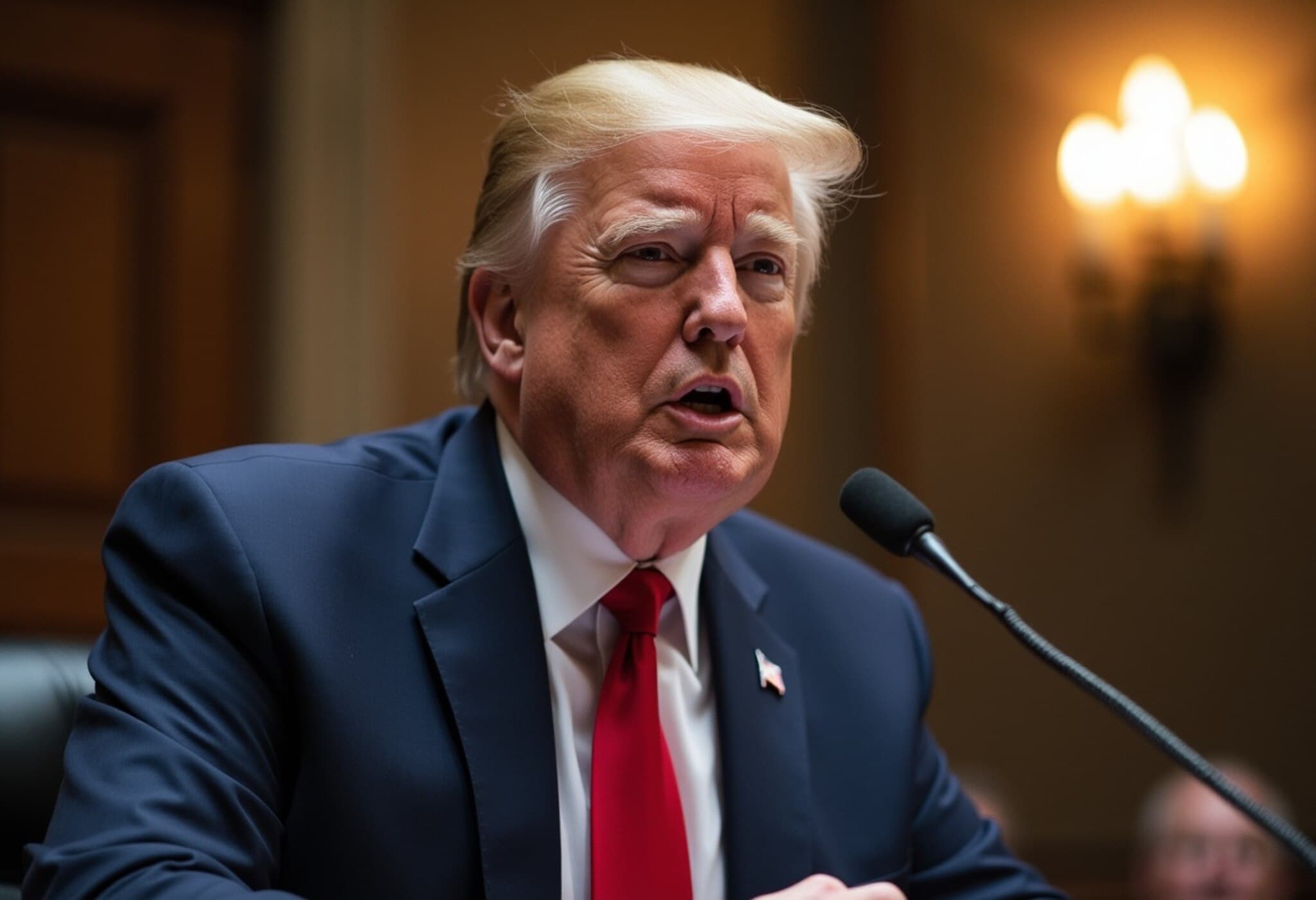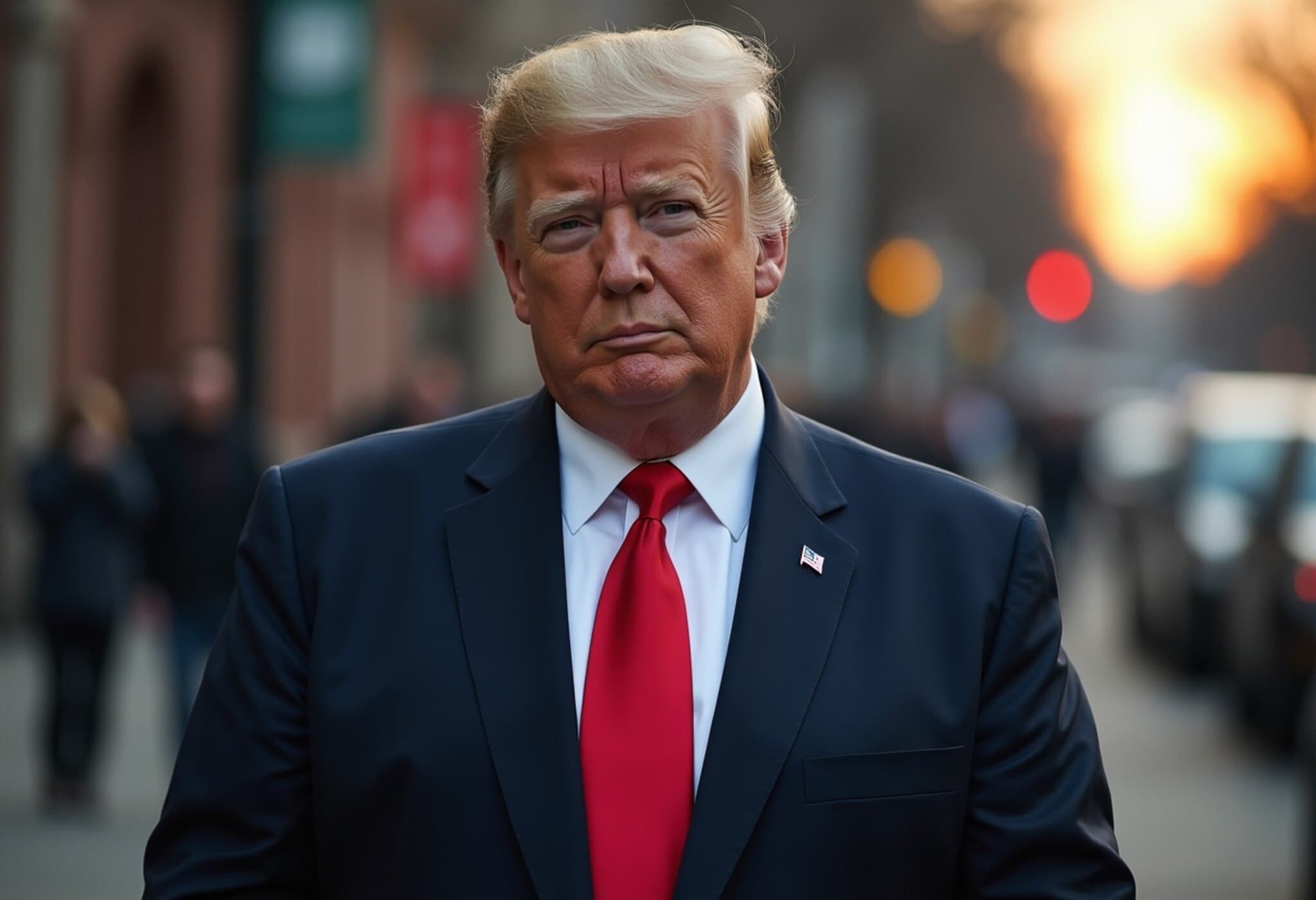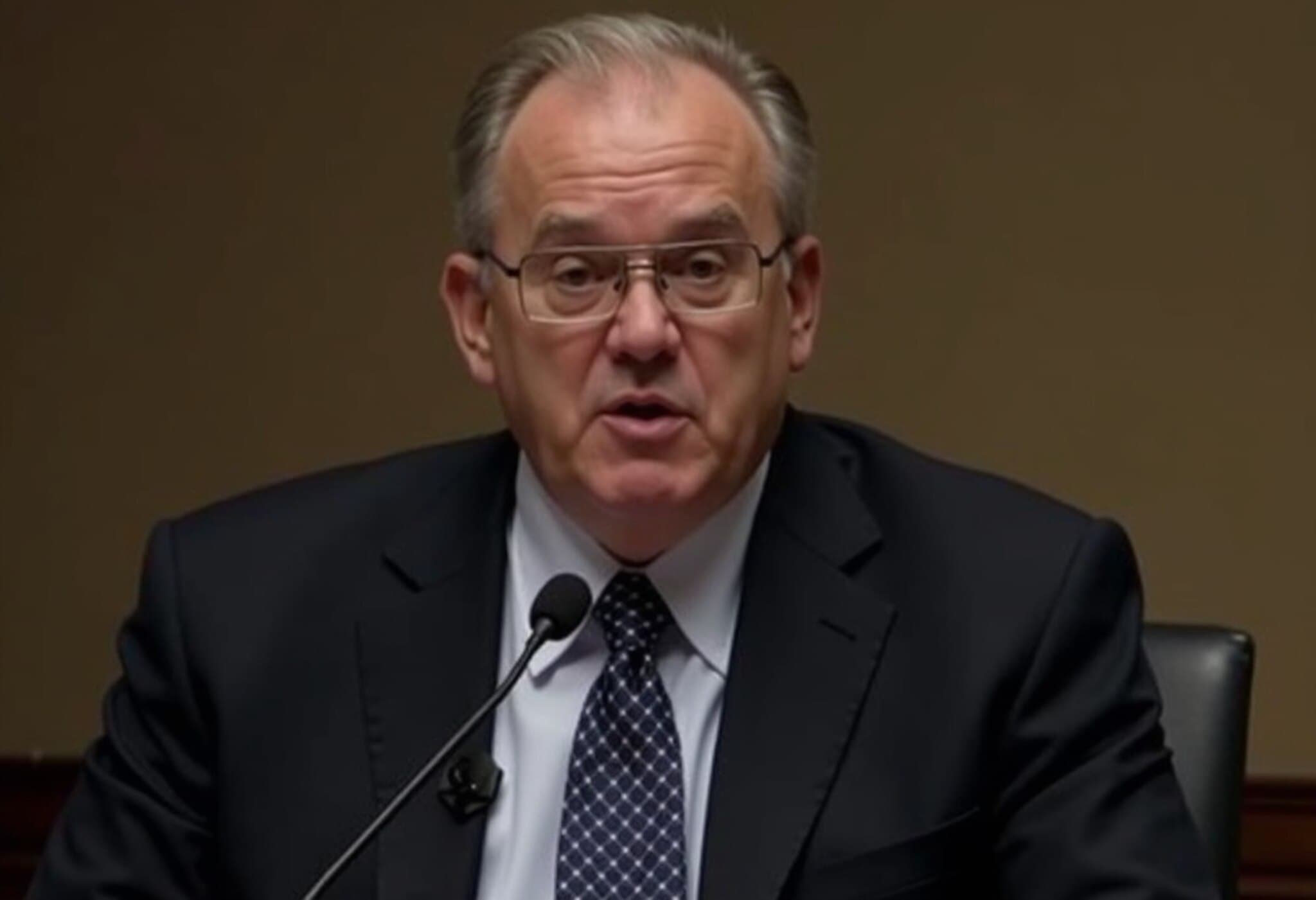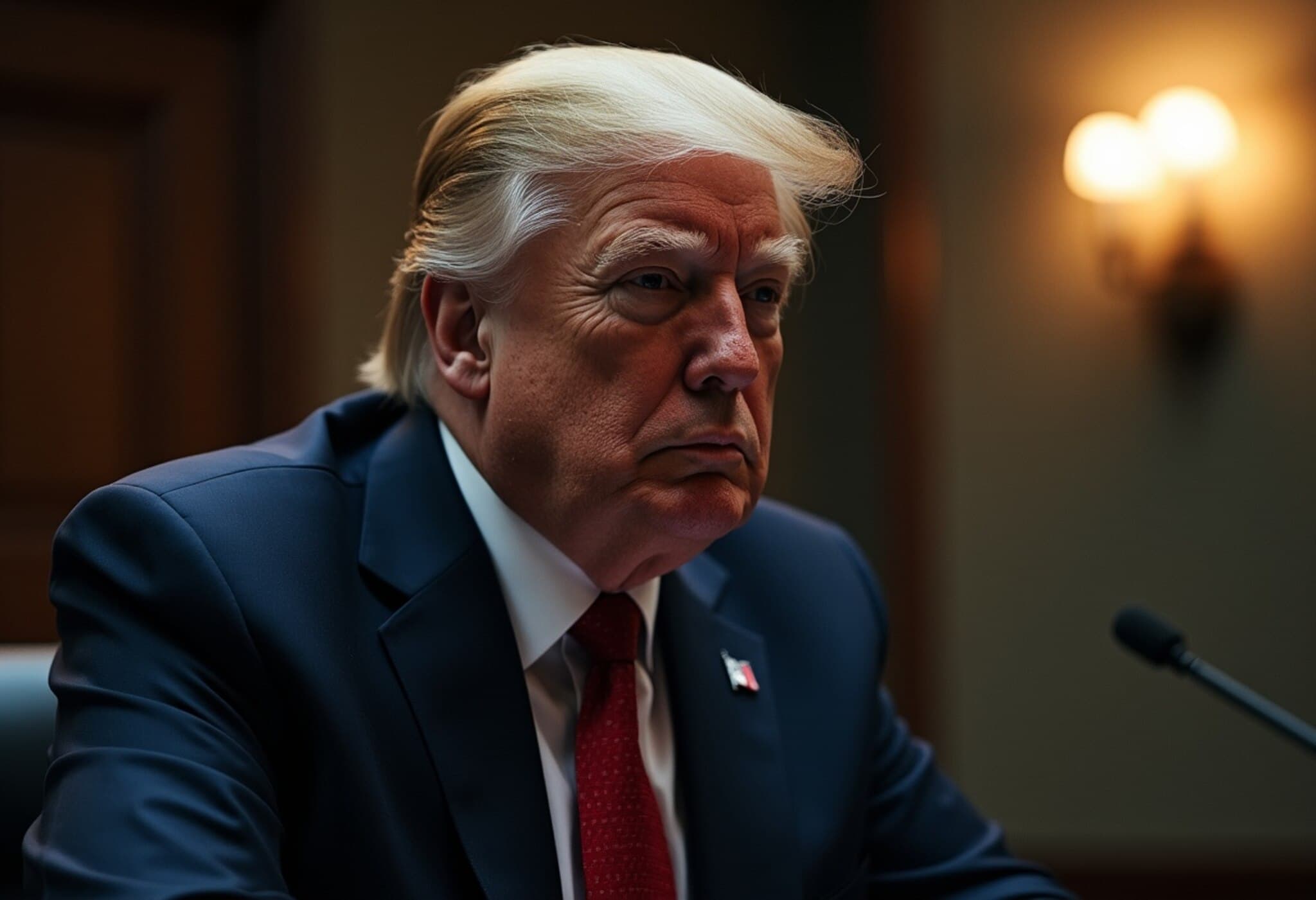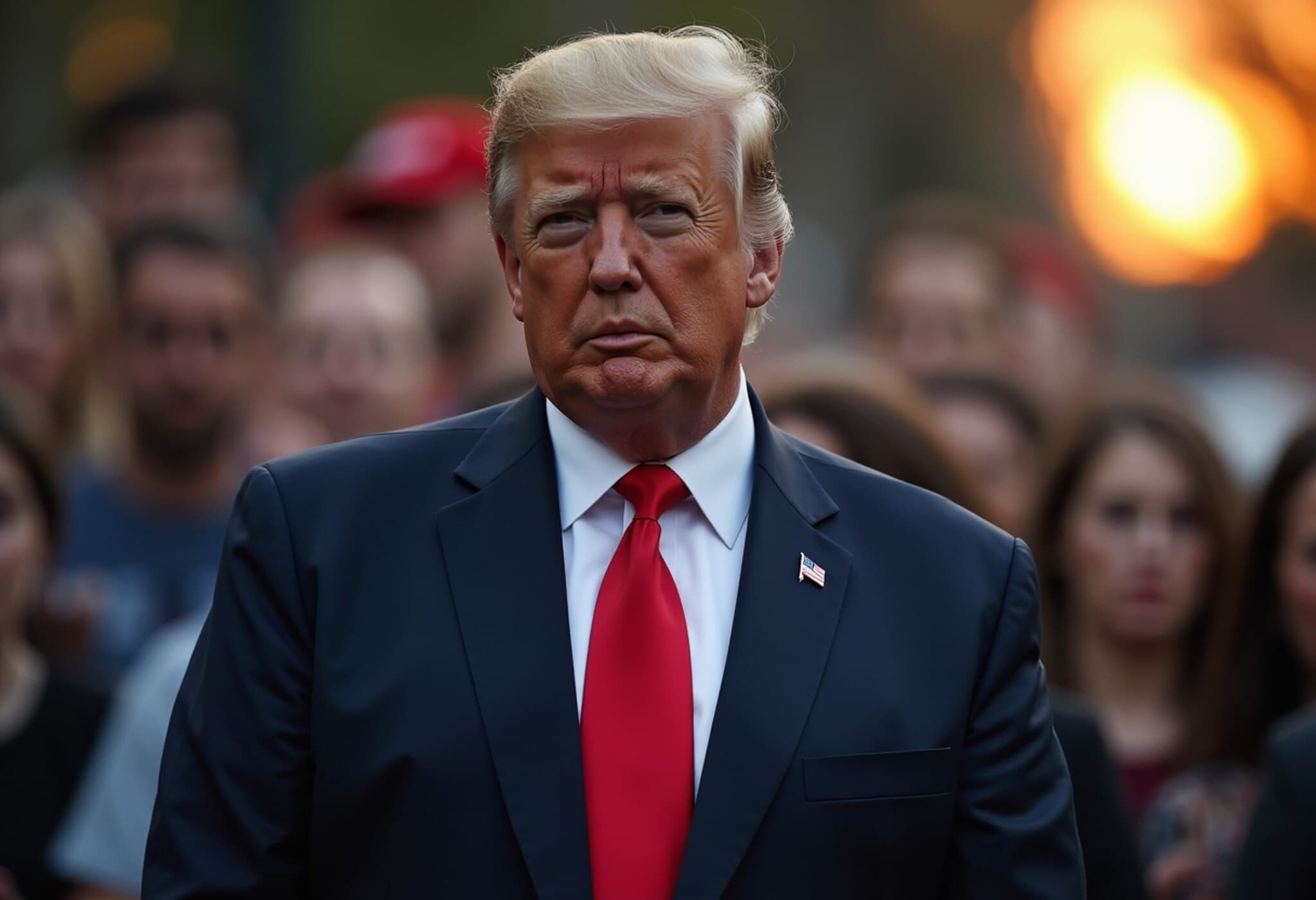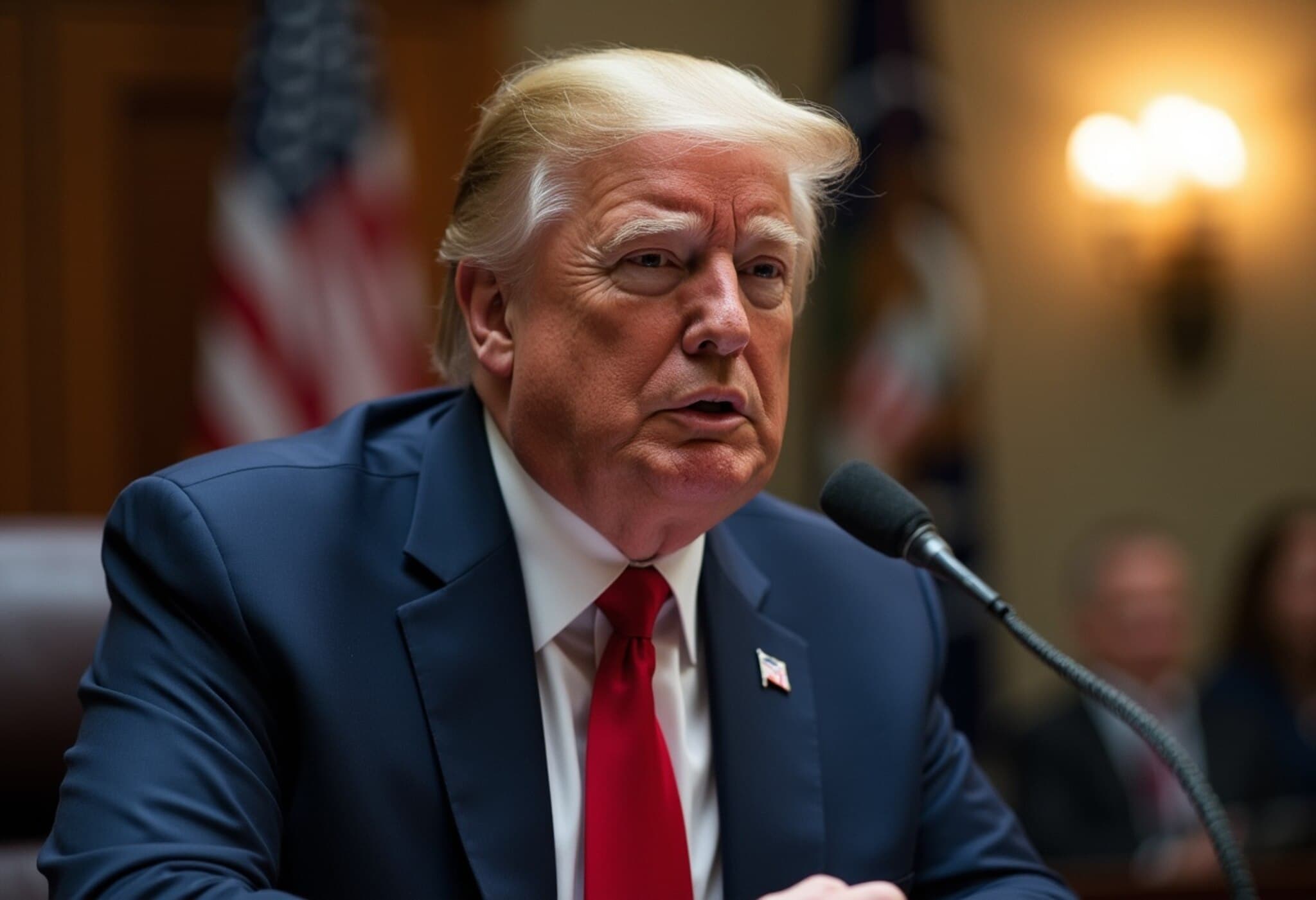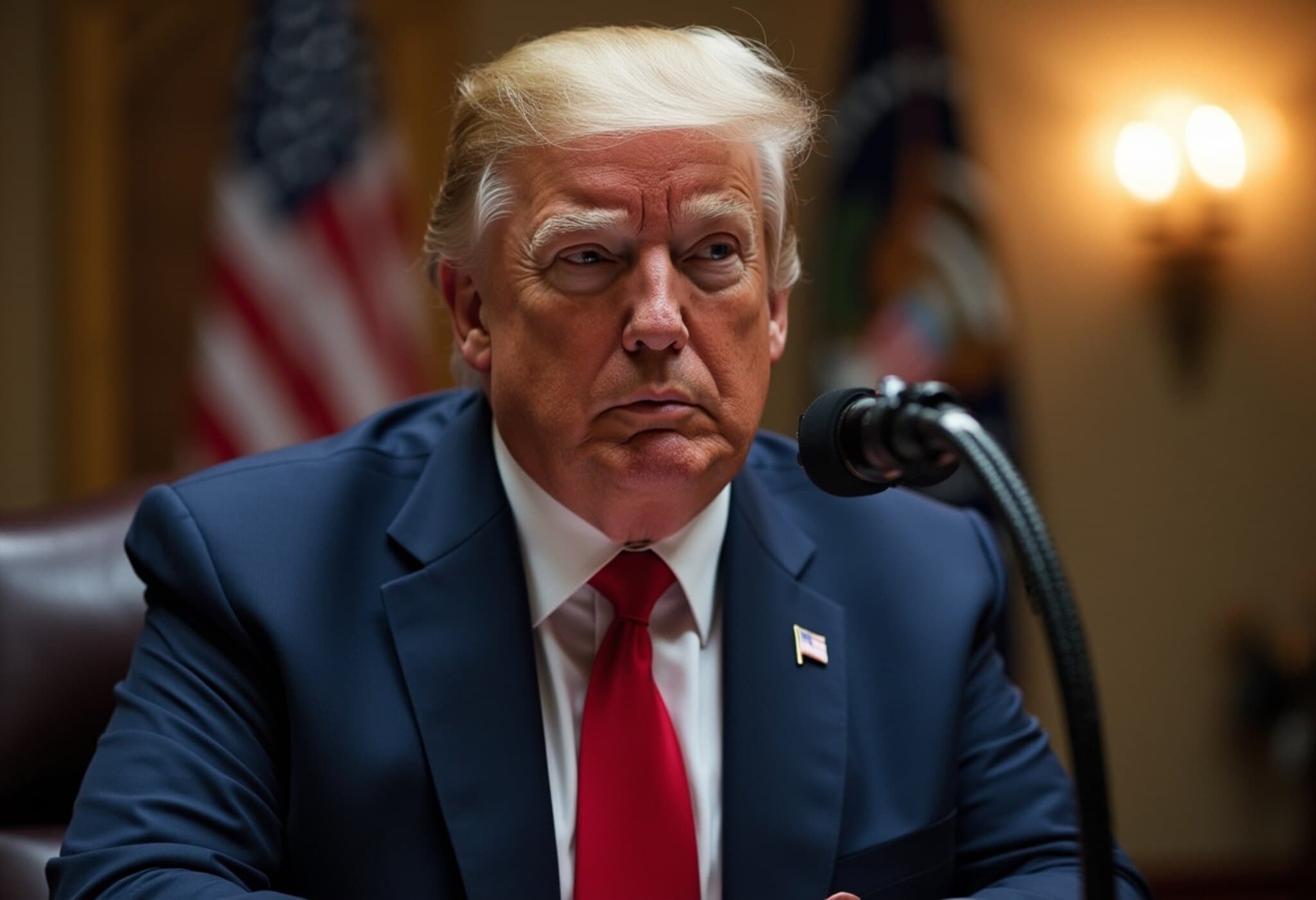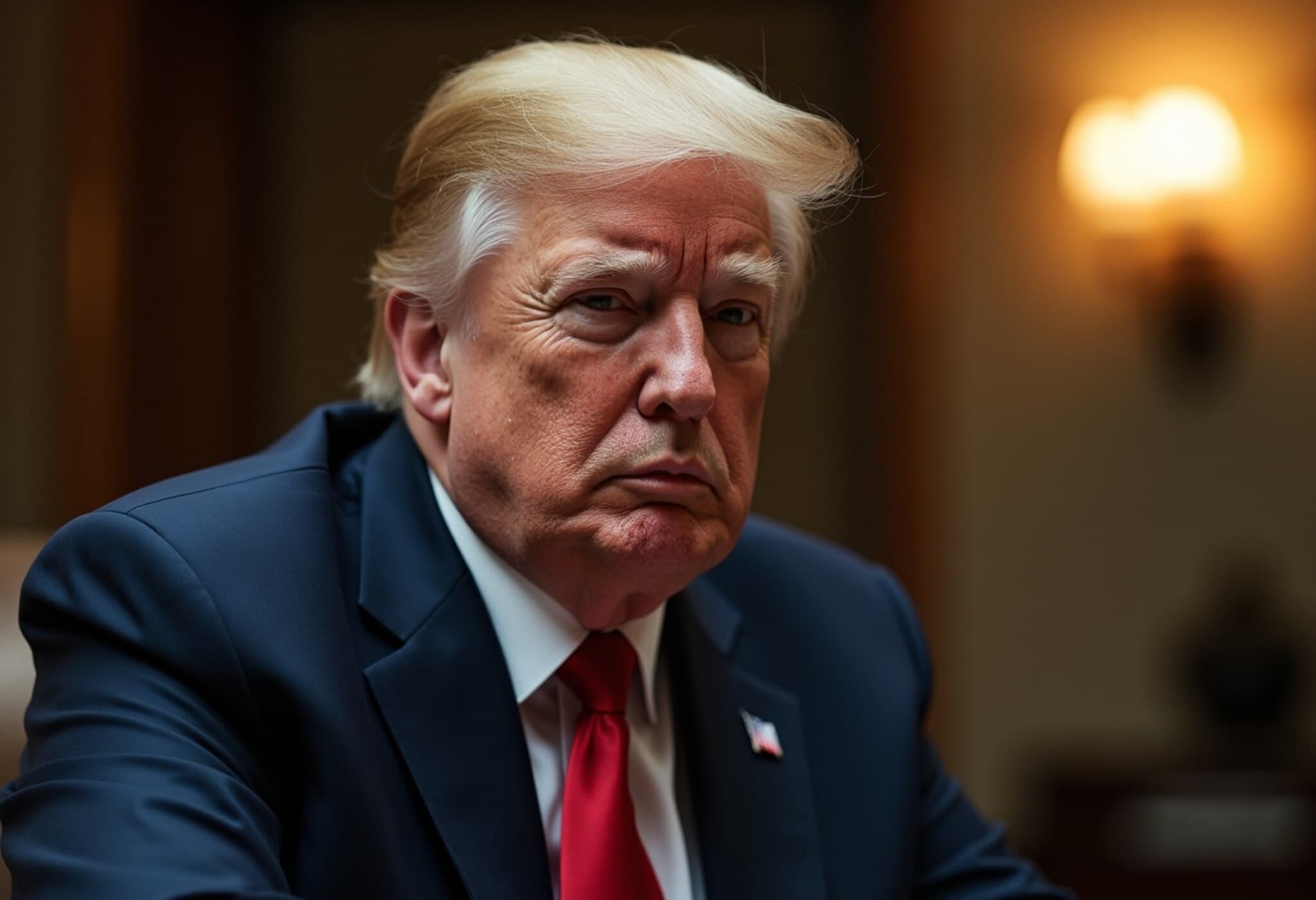House Speaker Mike Johnson Pushes for Transparency on Epstein Case
In a move that has sent ripples through Washington, House Speaker Mike Johnson, a prominent ally of President Donald Trump, publicly called on the Justice Department to release all documents related to the late financier Jeffrey Epstein. This rare public dissent from a close Trump confidant highlights growing tensions within the Republican Party over the handling of Epstein’s case, which has long fueled conspiracy theories and suspicions about officials and elites allegedly connected to Epstein’s criminal activities.
The Growing GOP Divide on Epstein Transparency
Since Epstein died by apparent suicide in 2019 while awaiting trial on serious sex-trafficking charges, many conservatives have demanded full disclosure of information concerning his associates and government investigations. Last week, the Department of Justice reaffirmed that Epstein’s death was a suicide and stated no additional client lists or documents would be released — a stance that has sparked a backlash among parts of Trump’s base.
Johnson, speaking in an interview with right-leaning podcaster Benny Johnson, emphasized the importance of transparency for maintaining public trust. "It’s a very delicate subject, but we should put everything out there and let the people decide it,” he said. He went further to directly challenge Attorney General Pam Bondi, citing her previous Fox News remark about having Epstein’s client list “sitting on my desk right now to review.” Johnson urged, "She needs to come forward and explain that to everybody. We need the DOJ focusing on major priorities. So let’s get this thing resolved.”
Political Stakes and Legal Implications
This public urging places Johnson at odds not only with the DOJ’s current position but also subtly with President Trump himself, who has downplayed the importance of continuing to focus on Epstein-related revelations. Over the weekend, Trump attempted to diffuse the controversy by calling Epstein "somebody that nobody cares about" in a post on his social platform, Truth Social.
Meanwhile, House Republicans rejected a Democratic motion aimed at compelling the DOJ to release more Epstein files. Nevertheless, Democrats continue to push for congressional hearings, demanding that key officials, including Bondi and FBI leaders, testify and clarify what information remains undisclosed.
This unfolding drama underlines deeper questions about accountability and transparency within federal institutions, especially concerning investigations involving politically sensitive figures. The Epstein case intertwines with ongoing national conversations about justice, privilege, and the reach of powerful networks.
Expert Insight: What This Means for Public Trust and Policy
The insistence on opening Epstein’s files has significant implications beyond politics. From a legal and policy perspective, releasing these documents could unveil systemic failures or cover-ups, providing crucial lessons for reforming law enforcement oversight and victim protections.
For the American public, grappling with mistrust in government, the Epstein case has become emblematic of frustrations about elite impunity. Johnson’s call for openness taps into a broader demand for greater transparency that transcends partisan lines, reminding leaders that the legitimacy of justice depends on its perceived fairness and completeness.
Looking Ahead: Will Transparency Prevail?
As House Speaker, Johnson wields considerable influence. His public break with Trump on this issue suggests potential shifts within the Republican Party’s approach to controversial investigations, balancing political loyalty with the pressure to respond to constituents demanding truth.
Whether Attorney General Bondi will heed this call, or if Congress will force a comprehensive review, remains uncertain. But the increased scrutiny and vocal demands represent a critical juncture in how powerful investigations are communicated to the public and how institutions confront uncomfortable truths.
What to Watch
- Pending congressional hearings and potential subpoenas regarding Epstein files
- Responses from DOJ and Attorney General Pam Bondi to transparency demands
- Broader implications for civil rights, victim advocacy, and government accountability
- Political realignments within the GOP around justice and transparency issues
Editor’s Note
The Epstein saga is far more than a headline-grabbing scandal—it is a test of America’s commitment to justice and transparency in the face of power. House Speaker Mike Johnson’s unexpected public stance spotlights the tension between political allegiance and accountability that defines much of today's polarized landscape. As scrutiny intensifies, readers should ask: How much transparency is enough? And at what cost do political leaders weigh loyalty against truth?



